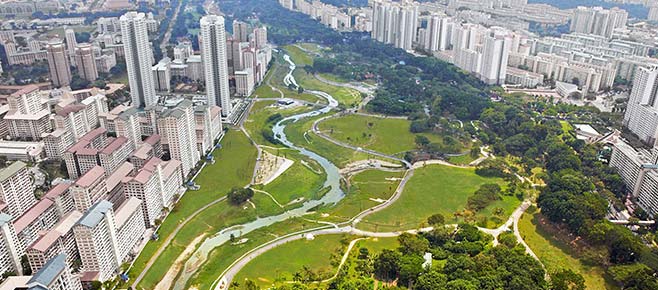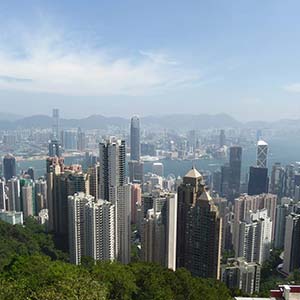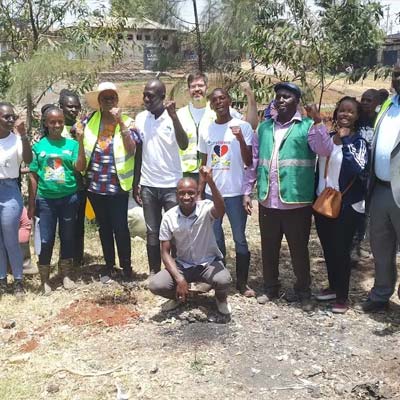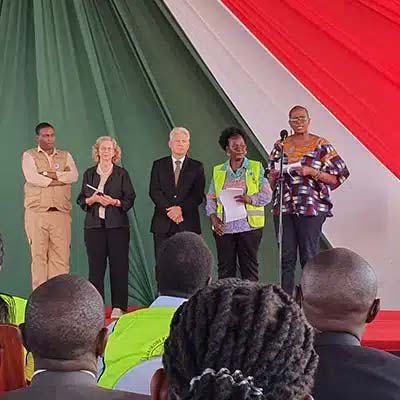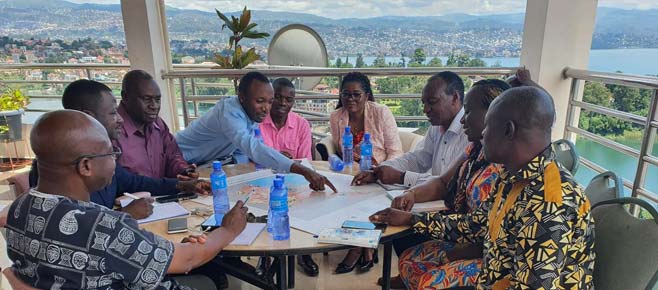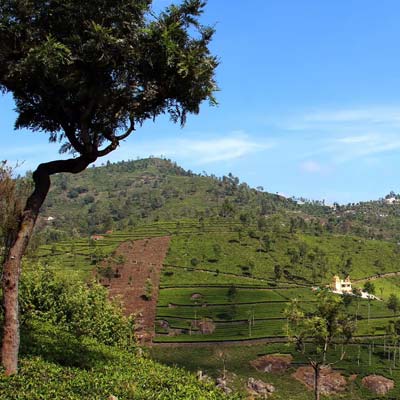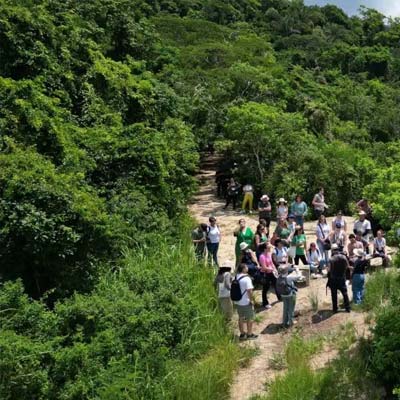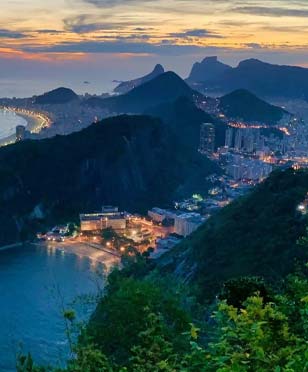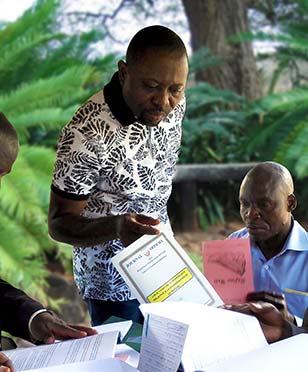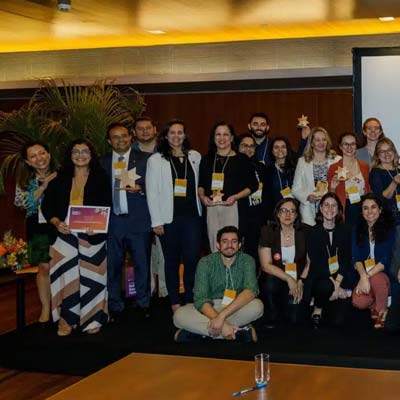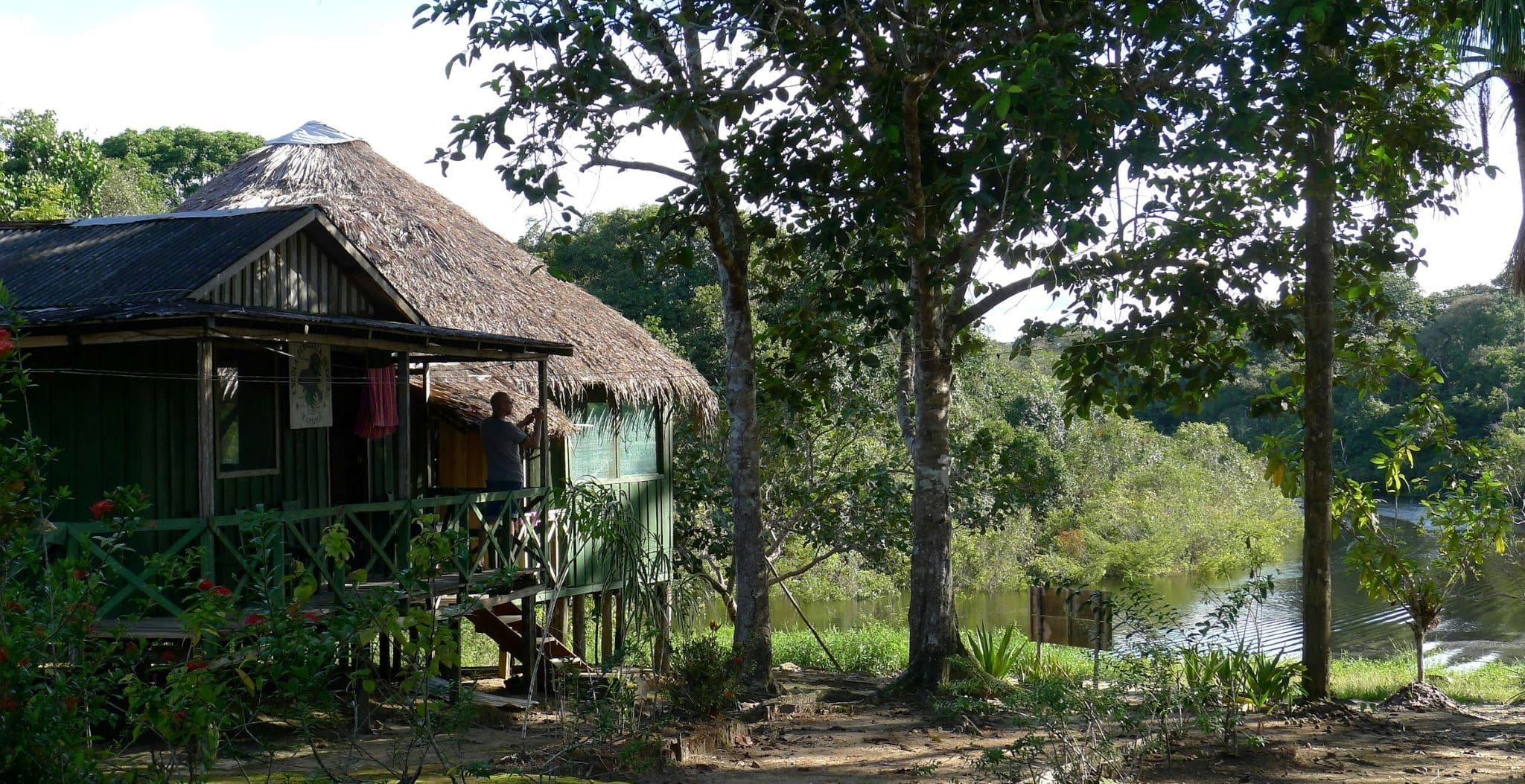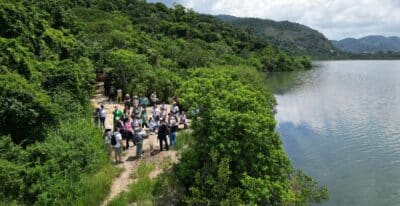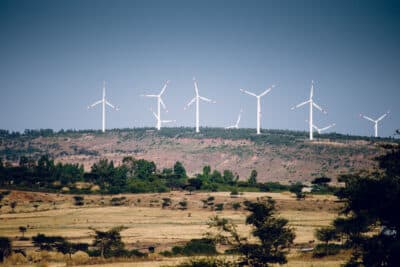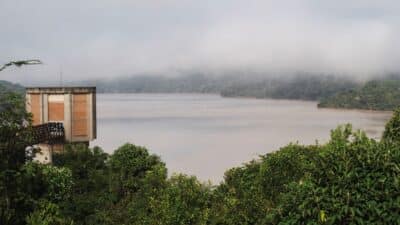This project aims to detangle unsustainable practices from economic growth in the Brazilian Amazon. This will be achieved by building a strong economy that relies on activities that don’t disrupt the forest biocapacity or threaten cultural and social diversity, also known as a “bioeconomy.”
Opportunity
The Brazilian Amazon’s current development path is unsustainable. Its economy was built around resource-intensive agriculture, livestock production, and mining practices that drive deforestation and greenhouse gas emissions. This extraction-based model has pushed the Amazon toward the brink of ecosystem collapse and put the world at risk of surpassing the Paris Agreement’s 1.5 degrees C (2.7 degrees F) target for global temperature rise.
But it’s not just about nature or the climate. The current system is not delivering for the region’s people, as it remains the poorest in the country. In other words, resources flowing out of the Brazilian Amazon are not matched by benefits flowing back in.
Project Description
The New Economy for the Brazilian Amazon (NEA) is a trailblazing approach developed by WRI Brasil in partnership with research institutions from across the country. The report shows that ending deforestation and maintaining the standing forest will not curb development in the Brazilian Amazon. Quite the opposite: It is an opportunity to create new jobs and grow GDP, protect nature, improve locals’ lives, and keep the world’s climate goals within reach.
WRI Brasil, with support from Cities4Forests, is putting the findings of this report to practice with pilot projects and initiatives that connect urban and rural areas across the Brazilian Amazon. These projects aim to foster the bioeconomy with forest restoration and increased production of forest goods. Additionally, we are working to establish a political and economic environment that generates new jobs and income opportunities through activities that keep the forest healthy.
